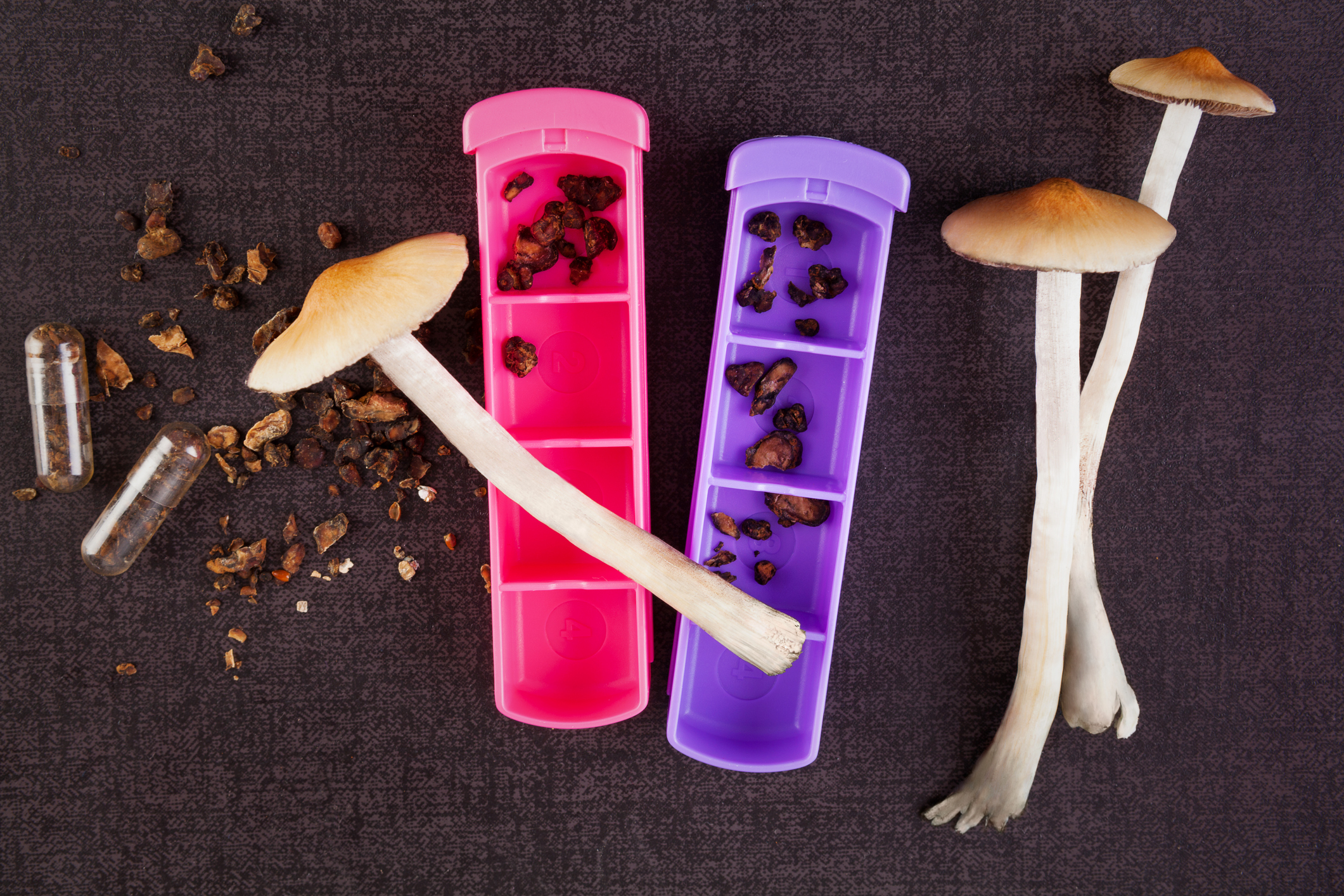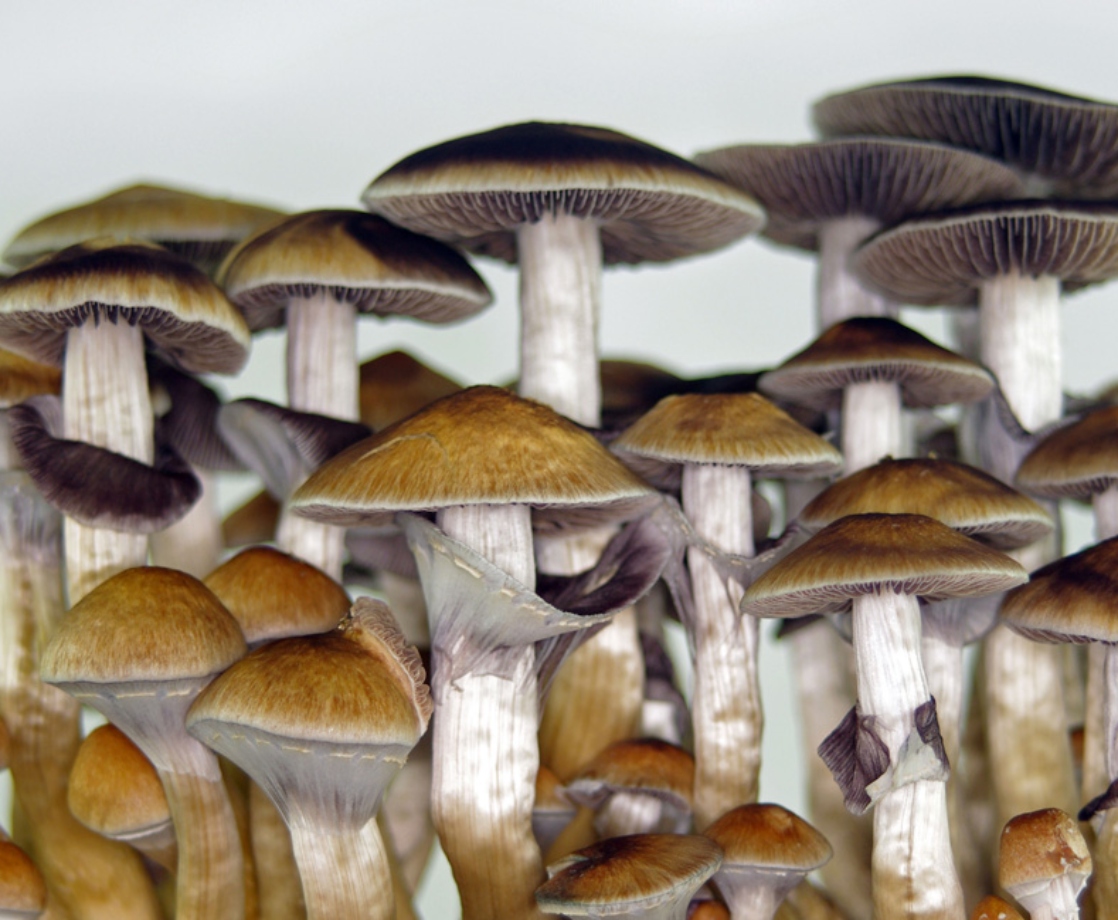It's been a good news week in the world of weed. Not only did the United Nations recommend rolling back global cannabis prohibition, but several East Coast cities and states announced new cannabis reform efforts.
Last week, Baltimore's top prosecutor announced that her office will stop prosecuting marijuana possession cases, while also working to clear thousands of former offenses. And in nearby Pennsylvania, lawmakers are taking an even broader approach to cannabis reform, introducing a bill that would legalize full adult-use in the Keystone State.
Two weeks ago, New York Governor Andrew Cuomo drummed up major excitement when he announced his plan to bring legal pot sales to the Empire State by next spring. But lost in the excitement over recreational sales, the governor's plan also includes a number of expansions to the state's extremely limited medical marijuana program.
In other good news, Denver residents will vote on whether to decriminalize magic mushrooms this spring, and the extreme supply shortages that have so far crippled Canada's nascent adult-use market may finally be coming to an end. Let’s dig in.
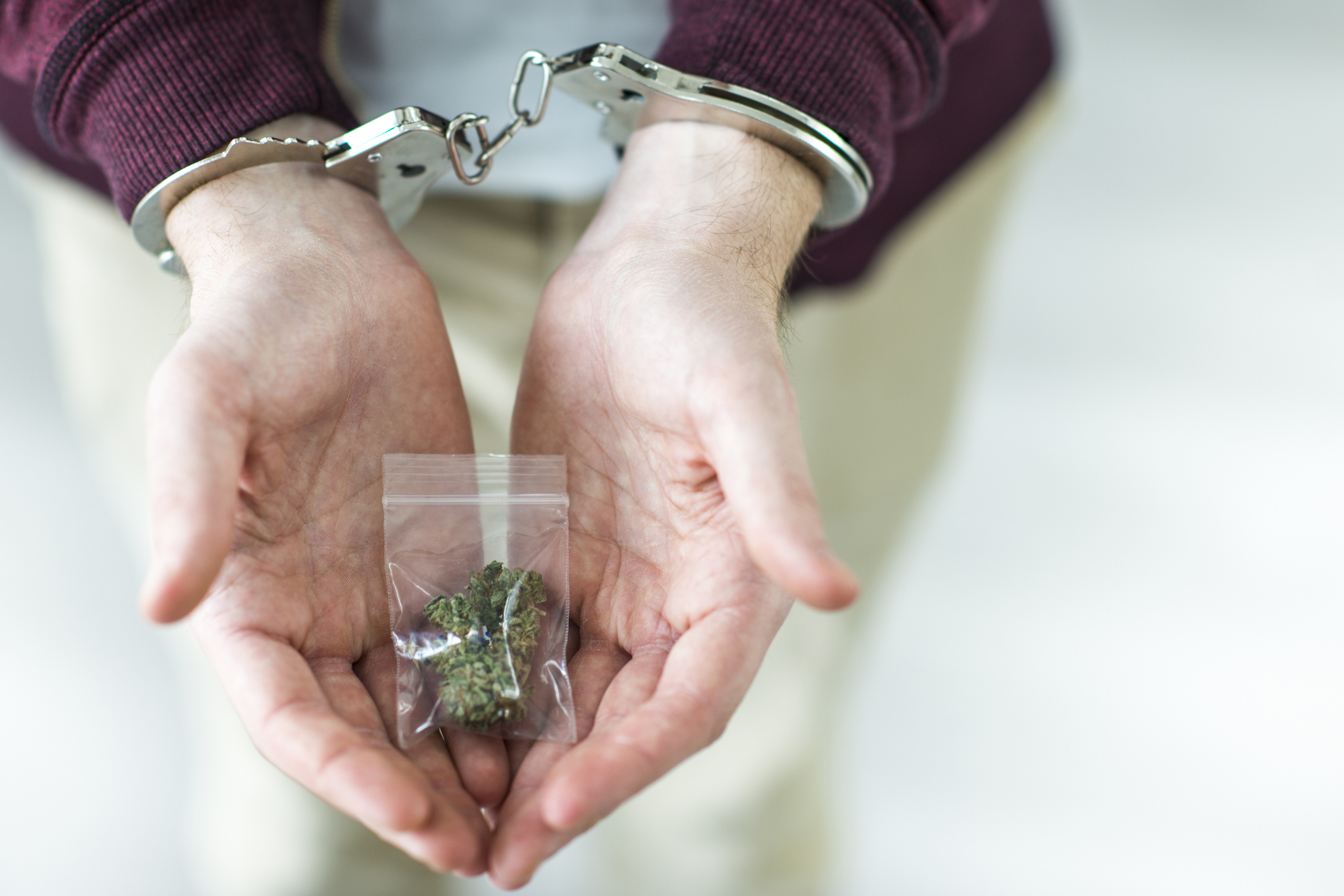
Baltimore State's Attorney to Stop Prosecuting Pot Possession, Clear Former Convictions
Baltimore's top attorney has announced a new plan to bring social justice to a city ravaged by unequal enforcement of drug prohibition laws. Last Tuesday, State's Attorney Marilyn Mosby announced that her office will no longer be prosecuting cannabis possession cases, regardless of the amount of pot seized by cops. Additionally, the prosecutor has asked city courts to clear nearly 5,000 prior weed convictions.
“No one who is serious about public safety can honestly say that spending resources to jail people for marijuana use is a smart way to use our limited time and money,” Mosby said, according to The Guardian. The prosecutor's office reports that black people are six times more likely to be arrested for pot than white people, and Mosby argues that police time and resources would be better spent solving violent crimes. There were 309 murders in Baltimore last year, more than any other US city, and police were only able to solve 26% of those cases.
Mayor Catherine Pugh expressed her support for what “Mosby is attempting to address, namely the unnecessary criminalization of those who possess marijuana merely for personal use,” the Baltimore Sun reports. Few other city officials seem to be onboard with the new plan, however. Interim police commissioner Gary Tuggle, a former DEA agent, announced that “Baltimore Police will continue to make arrests for illegal marijuana possession unless and until the state legislature changes the law regarding marijuana possession.”
Thiru Vignarajah, a former Maryland deputy attorney general who lost to Mosby in last year's election, told the Sun that “this announcement is a good way to grab a headline but changes nothing… Baltimore stopped prosecuting marijuana cases years ago.” Since Maryland decriminalized small quantities of weed in 2014, possession arrests dropped by 60% within a year, and 88% of all remaining possession cases since then have been dropped by city prosecutors.
Still, community leaders and cannabis advocates are congratulating Mosby for making the policy official. “We applaud State’s Attorney Mosby,” said Olivia Naugle of the Marijuana Policy Project. “Decades of arresting people for marijuana possession did not make Baltimore safer.”
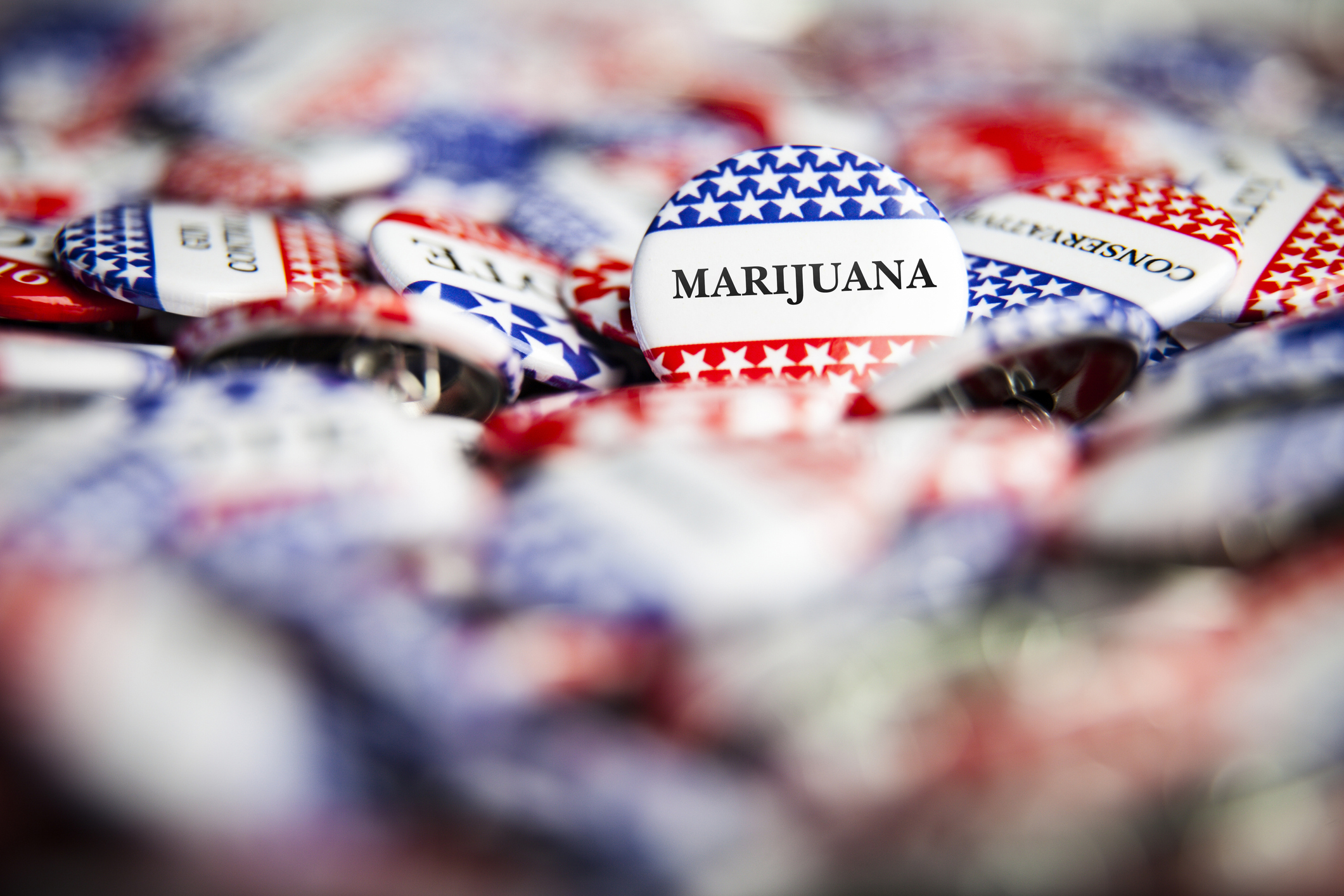
Pennsylvania Lawmakers Introduce Adult-Use Legalization Bill
Momentum for cannabis reform has been spreading across the East Coast, as New York and New Jersey's legalization plans sparked tentative support in Connecticut, Rhode Island, and Pennsylvania. This week, Keystone State lawmakers proposed a new bill that would create a thriving adult-use market to compete with the emerging pot retail markets in surrounding states.
The new bill, filed by state Rep. Jake Wheatley and 25 co-sponsors, would allow anyone over 21 to grow, buy, use, and possess pot. Taxes from retail sales could bring the state an estimated $500 million a year, and the bill would direct half of this revenue to help reduce student loan debt for graduates of Pennsylvania schools. Another 40 percent would go to fund affordable housing, and the final 10 percent would go to support after-school care programs. The bill would also include measures for social justice, such as clearing the records of former pot offenders and requiring the release of anyone currently doing time for minor weed crimes.
“My bill would immediately release people jailed for crimes associated with cannabis,” Wheatley said in a statement. “Those who have criminal histories related to cannabis would be expunged, and professional and driver’s licenses that were revoked or suspended due to cannabis-related crimes would be reinstated. For far too long, the criminal justice system has unfairly punished Pennsylvanians, especially minorities, who are caught with cannabis.”
It is not yet certain whether the bill has a chance of becoming law, considering that both chambers of the General Assembly are controlled by Republicans, who have traditionally been hesitant to embrace legal pot. Gov. Tom Wolf has recently said that he believes it is time for his state to consider legalization though, and his support may be just be enough to sway lawmakers’ votes in favor of legal weed.
“If we were betting, there’s a good 50/50 chance that at some point — maybe it won’t be this year, maybe it’s next year — at some point, this conversation around legalizing cannabis is going to be very real,” Wheatley said to Marijuana Moment. “I would rather do it sooner than later.”
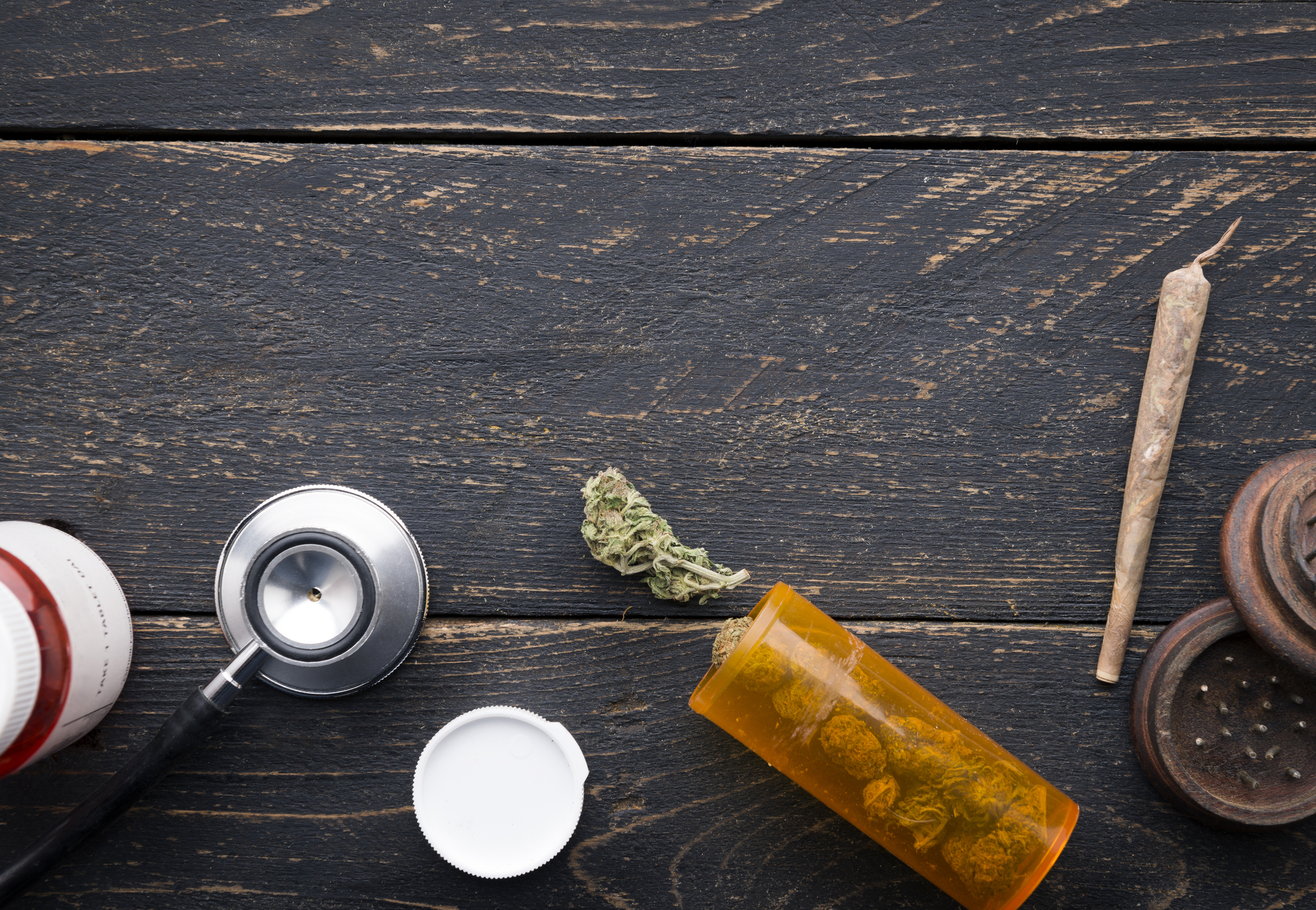
New York's Pot Legalization Plan Will Also Expand Medical Marijuana Program
Governor Andrew Cuomo's new cannabis proposal has gotten a lot of press for its plan
to bring legal weed sales to New York next spring, but the bill's intention to expand the state's stunted medical marijuana program has gotten considerably less notice. The proposed Cannabis Regulation and Taxation Act would set aside licenses to conduct medical marijuana research, potentially expanding the number of qualifying conditions approved by the state, which could in turn increase the pool of registered patients.
Unlike other states with adult-use laws, New York's proposed regulations would prohibit all home-grows for recreational use, but would allow medical marijuana patients to grow up to four cannabis plants per household if they apply for a special permit. The state's medical marijuana industry has criticized this aspect of the proposal, however, arguing that some of this home-grown pot could end up on the black market. “We are worried about tainting a first-class consumer-protection oriented program with unregulated cannabis,” Jeremy Unruh of PharmaCann, one of the state's ten licensed medical marijuana companies, told the USA Today Network.
Another controversial aspect of the proposal is that existing medical cannabis companies would be allowed to bid at an auction for a chance to obtain recreational business licenses. Unruh believes that the subsequent bidding wars could increase operating costs for medical marijuana firms, which “invariably becomes an additional cost or tax on the medical patient in the state.”
Unruh told USA Today that it will take over 600,000 pounds of weed to meet the state's demand for recreational sales — much more than what the current number of medical marijuana companies could supply on their own — which will leave plenty of room for new businesses to have a shot at success in the impending adult-use market.

Denver Residents Will Vote on Psilocybin Mushroom Decriminalization in May
This May, Denver voters will get to decide whether or not their city becomes the first US jurisdiction to decriminalize psychedelic mushrooms. Last year, an activist group called Decriminalize Denver collected over 8,000 signatures in support of a decriminalization measure which is now set to appear on the May 2019 municipal ballot. The activists needed a total of 4,700 valid signatures to place the measure on the ballot, and last week the Denver Elections Division confirmed that they exceeded that limit by over 800 signatures.
The Denver Psilocybin Initiative would make cultivation, possession, and use of psilocybin mushrooms by adults the “city's lowest law-enforcement priority,” and would also “prohibit the city from spending resources to impose criminal penalties” on adults who use or possess said shrooms, Westword reports. As the election draws near, Decriminalize Denver will be working to roll out an educational campaign highlighting new research demonstrating that psilocybin has potential for medical and therapeutic uses.
“This has never been done before in the history of the US, so the fact that we were able to turn out the signatures and make the ballot is a strong statement that there are a lot of people who support this,” Kevin Matthews, director of Decriminalize Denver, said to Marijuana Moment. “We’ve created a platform where we can spread the right information about psilocybin, as opposed to the misinformation and really just downright propaganda from the government and the War on Drugs for the last almost 50 years now.”
Denver residents may not be the only ones voting on psilocybin decriminalization in the near future. In Oregon, a group of activists are preparing a measure for the 2020 ballot that would allow adults to use psilocybin, but only if they receive approval from a doctor and participate in at least one session of physician-supervised consumption.
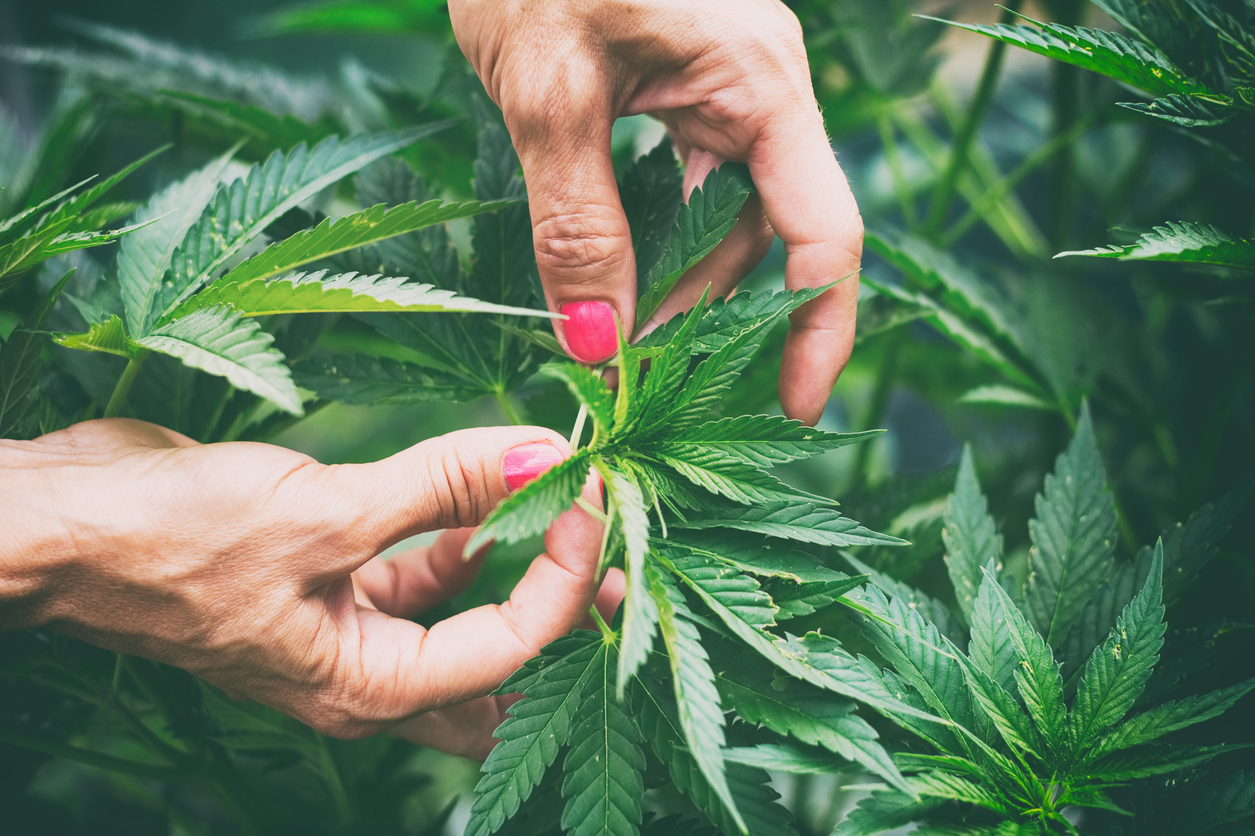
Canada May Finally Have Enough Weed to Meet Demand for Legal Sales
Last October, Canada opened the doors to the world's largest nationwide adult-use pot market, but the excitement soon turned to frustration as eager buyers snatched up every last ounce of bud, leaving store shelves bare within days. The Canadian government allowed each individual province to create its own retail sales regulations, but in most provinces, the drafting process dragged on so long that few retailers were ready to open their doors by the first day of legal sales. As a result, it has been difficult for prospective customers to get their hands on legal pot, and many of these buyers have returned to the black market.
These supply shortages may now be a thing of the past, however, as officials are reporting that the country's cultivators have caught up. “As of the end of December, total inventories of cannabis… were nearly 18 times greater than monthly sales,” Tammy Jarbeau, senior spokesperson for Health Canada, told The Canadian Press. “There is not — as some have suggested — a national shortage of supply of cannabis.”
Last December, legal stores sold almost 16,000 pounds of pot and over 7,000 liters of cannabis oil, but during that same month, producers stockpiled nearly 42,000 pounds of ready-to-sell weed, and a further 240,000 pounds of pot that is yet to be processed.
Jarbeau said that Canada's 147 currently-licensed producers now have the production space necessary to grow nearly 1.8 million pounds of weed annually. But while the government is claiming that there is currently enough weed to meet the demand, many stores are still suffering from shortages.
“The last three weeks have been the worst since legalization, it’s very frustrating,” Chris Felgate, owner of Small Town Buds in Alberta, said to The Canadian Press. Felgate and other retailers have shared suspicions that government distributors are keeping the lion’s share of the product to sell themselves, rather than distributing it equally to smaller, private retailers.
Jarbeau acknowledged that there were still “localized and product-specific shortages,” but added that she expects these issues to improve over time. “This period of transition will likely continue in the months ahead, as the industry and provincial and territorial distributors and retailers aim to match shipment to market demand.”


